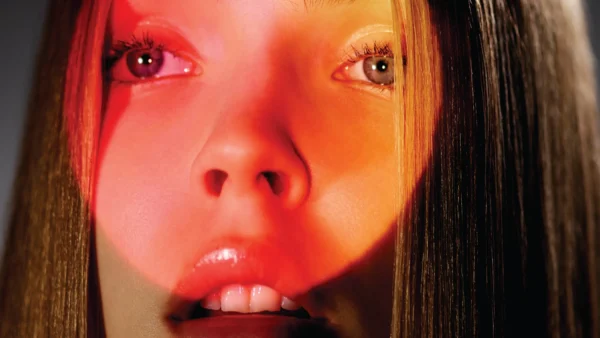
Coping with OCD at Christmas time

It’s no secret that Christmas holiday plans can cause changes in routine and some level of stress, especially when we want things to be “just right”. This can be challenging for most people, but those suffering with obsessive-compulsive disorder (OCD) might have a particularly tough time.
People with the disorder may feel an immense sense of pressure over the holiday season. But just what is it about Christmas that can make it stressful for people with anxiety-based mental health conditions, such as OCD?
High expectations
When Christmas comes around, there is a pressure to be – or at least appear – happy all of the time, which can be exhausting. Someone with OCD is likely to worry about things such as having a panic attack, ‘ruining’ the day or making others annoyed at them. There is also the added pressure to find gifts for family and friends. Individuals with OCD may set high standards for themselves to find the gift that is absolutely perfect for each individual. This adds pressure to gift-giving and can cause distress.
A change of routine
During the holidays, a change in routine is inevitable – individuals with OCD can struggle with this as, for some, routine is more of a ritual. OCD symptoms can worsen for some individuals if they don’t have enough to do and, therefore, the time off work may not be considered relaxing.
Hiding compulsions from family members
Christmas brings together family members who don’t typically spend time with each other. Whilst spending time surrounded by family can be enjoyable for some, it is difficult for individuals who normally try to hide their compulsions.
Lack of control
When there is a large family get-together, the home can become crowded. This can be problematic and act as a trigger for people with contamination OCD, and those who like everything to be organised in a particular way.
So, what are some coping mechanisms that can help during the festive season?
There are a number of techniques that can assist in alleviating some of the anxieties that may be experienced over Christmas:
Have some ‘me’ time
Don’t feel guilty for taking a step back and taking some time for yourself. Briefly taking yourself away from the festivities, by doing something as simple as going for a quick walk to de-stress, may prevent you from becoming overwhelmed.
Start a journal
Writing down thoughts and feelings can help to make sense of them and can be quite therapeutic. This can also be used to log anything that you have found to be particularly helpful as a coping mechanism.
Practice mindfulness
This involves being aware and accepting of your thoughts and feelings. Self-awareness is essential in the healing process as it provides clarity and leads to a deeper understanding of your own feelings. For individuals with OCD, focusing on the present minimises worrying about the past and present and therefore eases anxiety. Mindfulness also addresses intrusive thoughts, as opposed to suppressing or dismissing them – this helps the person to acknowledge these thoughts and allow them to exist until they pass. Calming techniques like taking deep slow breaths or practicing guided meditation, can improve mindfulness.
OCD support groups
Support groups can be helpful, as they can help to provide coping advice and reassurance. These groups can prevent an individual feeling alone with their problems and act as a support network who can relate to their problems. Support groups for family members of OCD patients are also available. OCDaction can help you to find a support group in your area.
There are currently a few different treatment options that are available for people who are suffering from OCD, these include:
- Psychological treatments which include cognitive behavioural therapy (CBT) and exposure and response prevention (ERP). This involves exposure to the unwanted thought or situation to achieve habituation, which is where the compulsive response can be prevented over time.
- Medications are available to treat OCD, which are typically used when an individual does not respond to psychological treatment. Commonly, selective serotonin reuptake inhibitors (SSRIs) are used to alter the balance of chemicals in the brain.
- Transcranial magnetic stimulation (TMS) can also be used to treat OCD as it targets the brain area known to be overactive in people with OCD. Research has shown that 30% of OCD patients went into remission, and 55% of patients showed a significant reduction in OCD symptoms with TMS treatment. Smart TMS clinics in the UK and Ireland offer TMS treatment for OCD.
By: Abie Taylor-Spencer, mental health expert and TMS technician at Smart TMS
Transcranial Magnetic Stimulation (TMS). is a NICE approved, non-invasive treatment that uses pulses of magnetic energy to stimulate areas of the brain known be under-active in patients with depression.













































